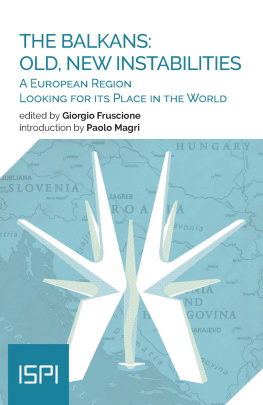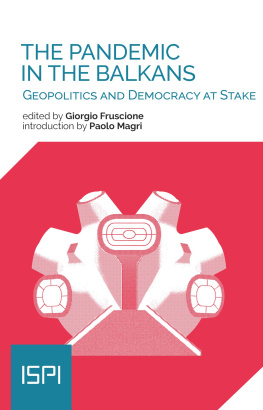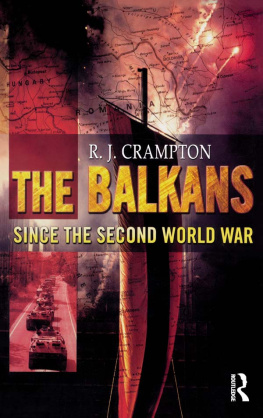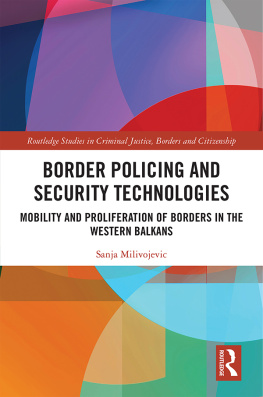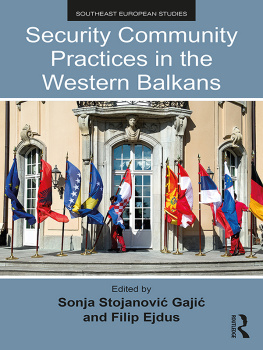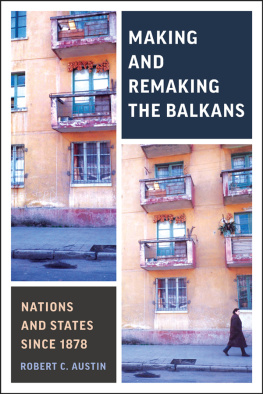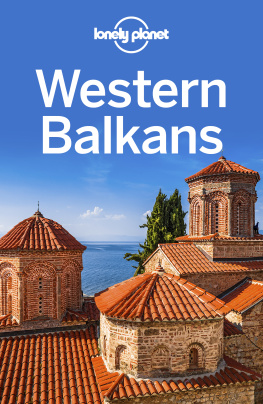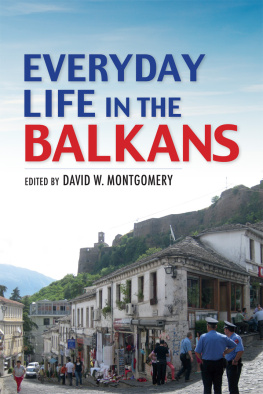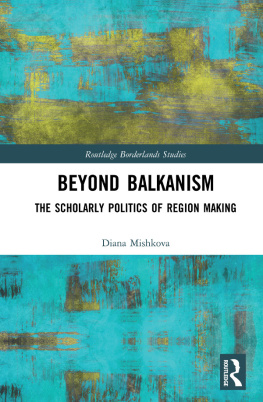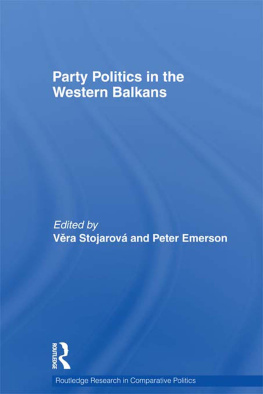Introduction
For the Western Balkans, 2019 was the year of inconclusiveness. It was the umpteenth year without progress in the dialogue between Serbia and Kosovo, one more year of delay in the EU accession process for Albania and North Macedonia, and a year of renewed uncertainty for Bosnia-Herzegovina, a country that remained without a government until December.
Western Balkan countries entered 2020 with slim hopes, and the novel coronavirus outbreak seemed to have dashed them altogether. It would have been the perfect scapegoat for putting many processes almost indefinitely on hold. Yet, paradoxically, this year and the next might prove crucial for the future of the region. Dialogue between Serbia and Kosovo is restarting. On March 24, during a meeting held by teleconference, the EU agreed to open negotiation talks with Albania and North Macedonia. And Bosnia-Herzegovina finally has an official government. Interestingly enough, the outbreak of the novel coronavirus has pushed the whole of Europe towards unexpected togetherness, stimulating cross-border solidarity involving Western Balkan countries as well.
In a nutshell, as the title of this Report makes clear, this is a region looking for stability between old and new instabilities. Since the collapse of socialist regimes in the early 1990s, the region had been in transition for so long that one could never have foreseen such breakthroughs taking place this very year, as the worst pandemic in a century is sweeping across Europe. All this shows that something is undoubtedly, albeit slowly, moving. And it shows both the extent of the Western Balkan countries ambition and determination and the magnitude of the challenges ahead. It is indeed, as the second part of the title of this Report states, a European region looking for its place in the world.
In fact, the Western Balkans are in transition along many dimensions. At the political level, the transition has been stunted: democratic institutions are still weak and many countries are ruled by leaders with autocratic tendencies. It is no surprise, then, that many Western Balkan leaders have been attracted by models of illiberal democracy such as those embraced by Putins Russia. Economically, the region continues to be highly dependent on EU countries, with 72% of Western Balkan exports going to the EU, and 58% of imports coming from there. Even in terms of foreign direct investment, the EU continues to be in a dominant position, with 70% of total flows. By comparison, Russia makes up around 5% of FDIs towards the region, Turkey 2% and China just 1%. Despite this, Russia, Turkey, a number of Gulf countries, and recently even China, have been exerting a disproportionate amount of influence on the region.
This condition also puts the Western Balkans at a geopolitical crossroads. As a result, many countries in the region have been reshaping their foreign policies just as socialist Yugoslavia used to do by attempting to rebalance their interests between the East and the West. The recent return of the United States in the region is no surprise, then, especially in its attempts to shape the dialogue between Serbia and Kosovo. Since 2013, thanks to the Brussels Agreement, this dialogue had been led by the EU. However, in the latter half of 2019 the US started trying to compete with the EU over who should be in charge of mediating the normalisation of relations between Kosovo and Serbia.
Finally, Western Balkan societies are at a crossroads, too. On political allegiances and ideologies, citizens are increasingly split between the West and the rest. Many others are leaving their families behind, as they look for work or a new life elsewhere in Europe. Indeed, the Balkans have one of the highest rates of emigration in Europe, and their population is shrinking fast. Many educated, talented youths are leaving their countries in search for their place in the world.
A region in transition calls for a thorough investigation of the many dimensions of this transition process, and this is what the current Report sets out to do.
In the first chapter, Giorgio Fruscione explores this never-ending transition, intended as a long journey away from former Yugoslavia and towards Western Europe. However, after various wars in the Nineties, the regions instability actually morphed into the pursuit of stability. Democratic institutions are often merely a facade, only partially hiding what turn out to be leaderships with autocratic tendencies, but which nevertheless enjoy endorsement from the West. Rulers play the card of nationalism only to reinvigorate and bring their constituencies together. These leaders still fan the flames of nationalism, taking advantage of the destructive rhetoric of the 1990s that left open a series of bilateral disputes. This instability has also been exacerbated by competing external powers. On one side, there is the European Union, which has treated the region as its friendzone for too long, losing credibility in the process; on the other, there are shady partners from the east, which have succeeded in presenting themselves as more credible from time to time.
What has the European Union failed to do so far? Nikola Burazer argues that the fault can be found in the stop-and-go approach of EU institutions over the last three decades. In particular, EU conditionality has faded away, after failing to reward countries of the region when needed as in the recent case of Macedonia, which became North Macedonia to please the West. After that failure, EU methodology was reformed, but doubts remain as to the real will of the EU to enlarge to the Western Balkans. At the same time, there is no certainty as to the real intent of regional governments to join the EU, despite this being their common stated intention. In other words, it seems as if the failing EU conditionality processes and allegedly pro-EU leaders feed off each other.
And if the West fails in the Balkans, here come the actors from the East, namely China, Russia, Turkey and the UAE. Their presence in the region is analysed by Dimitar Bechev, who delves deeper into each actors interests. While Russia exploits the rhetoric of Orthodox brotherhood, it has geopolitical aims, i.e. to counterbalance the EU and to support Serbia against the recognition process of Kosovo. In a similar way, Turkey presents itself as the supporter of Muslims in the region, but its cultural influence is used to divert attention away from domestic politics. And China, the new kid on the block, with no desire to interfere with local politics, is deepening trade relations through its Belt and Road projects with a view to turning the Balkans into an important hub.

